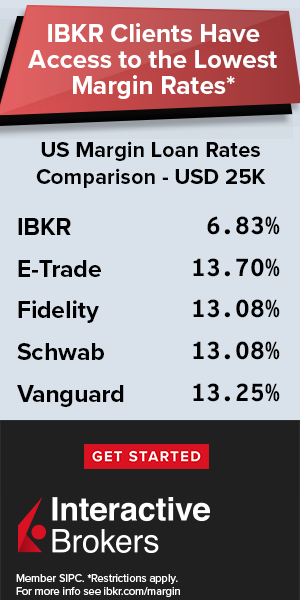Car finance has been a sector that has shown excellent growth but there could be some clouds on the horizon in the shape of the FCA and PCP

One of the most popular areas for private investors in recent years has been financial services and if you pick your stock right you can certainly achieve a decent yield.
Car finance has been a particularly stellar sector with Blue Motor Finance becoming the FT’s fastest-growing company across Europe in 2019 with only a single product in their stable!
But financial services have come under regulatory pressure and with the advent of Covid, it is time to consider whether investing in companies that have exposure to the sector is a good move.
The PCP time bomb
Personal Contract Purchase is a form of leasing that has taken the car finance sector by storm over the last few years.
With 75% of all new cars being bought using this form of finance, it is clear to see that the product has proved popular but there is a downside.
A PCP agreement allows the car user to pay a low monthly price for the use of the car but they never actually own the car. At the end of the agreement, they have the option to then pay a large final payment (often half the total agreement price) to take ownership of the vehicle.
PCP is a complex finance product for the consumer market with extra payments being made for mileage over the amount chosen at the start of the agreement and a general lack of understanding about the ramifications of the final payment and minimum guaranteed final value.
There are two problems with this. The first is that as many of the costly PCP deals come to an end, consumers are less likely to pay to buy the car, simply handing it back to the finance company.
This will leave financiers with an increasing number of cars that they need to dispose of, usually at auction. Admittedly this is good news for the owners of British Car Auctions (BCA) as it means more vehicles entering this traditional disposal route and presumably sat behind their decision to start up car retail service Cinch.
The second issue with PCP is that as a complex financial product it is ripe for investigation by the FCA for compliance.
Indeed car dealer Lookers Group (LOOK) has recently had to make a £15.4m provision in its accounts to cope with costs and potential fines and reparations following an FCA investigation.
This could possibly be the tip of the iceberg with many more providers of car finance finding themselves under the spotlight for potential misselling. With lots of legal companies with experience of the PPI misselling scandal looking for their next payday, this sector could start to see itself come under pressure.
The FCA released a report in 2019 highlighting the issues with the PCP sector and raised a number of issues of concern including commission rates, control of interest rate setting and affordability. Interestingly these are all areas that were of significant concern in the Payday loans sector leading to a strict clampdown on businesses.
The work of the FCA has been significantly disrupted during the pandemic so it is understandable that the focus on potential misselling has reduced but it is likely that this will become centre-stage when things return to normal.
What will Coronavirus do to car finance?
The pandemic has disrupted almost every area of daily life and the finance sector is no exception.
The FCA guidance expects that finance companies will extend forbearance on loans to customers and deal sympathetically with people who find themselves in difficulty.
The latest guidance is the customers should be offered payment suspensions for up to six months which will naturally have a knock-on effect on liquidity.
Some lenders have completely exited the market with Amigo (AMGO) stopping all new lending until the new year but part of this could also be down to the recent FCA investigation and troubles with the founder.
Without a doubt we have yet to see the full impact of the virus hit the financial sector and car finance companies could easily see a large increase in bad debt and returned vehicles once consumers start to reorganise their finances in the spring.
Is it all bad?
It’s certainly not all a bad picture for the car finance sector.
Historically, consumers tend to hang on to their cars longer and out of necessity continue to pay their monthly payments in preference to other debts.
The majority of finance is after all secured on assets and so barring outright fraud and theft, the loss on a loan book is naturally limited.
And the mergers and acquisitions sector certainly feels that there is a good outlook as deals across finance and fintech still looking strong as late as July this year.
In terms of outlook, it seems to be a mixed picture for car finance.
Certainly, the travails of coronavirus and potential action by the FCA and the PPI companies seem to be clouds on the horizon.
It’s also important to be aware that issues like PCP misselling will hit car dealerships rather than finance companies if it does turn out that there is a significant problem.
The move to electric could change the game
With the world moving to electric vehicles with their greater upfront purchase price it is a brave person who will confidently predict the end of car finance.
This has been most notable in the activity around Tesla stock in the US which frequently gets cited as one of the stocks to watch and which despite analysts’ predictions continues to perform well.
The change towards cars with a more expensive upfront cost may also prove to be a boost for the subscription model of usage rather than ownership with the long-awaited Google car Waymo being a prime example.
The message here has to be that 2021 is going to be a year of uncertainty that may see the car finance bubble burst so investors need to keep their ear to the ground and make sure that they are well diversified.


 Hot Features
Hot Features













